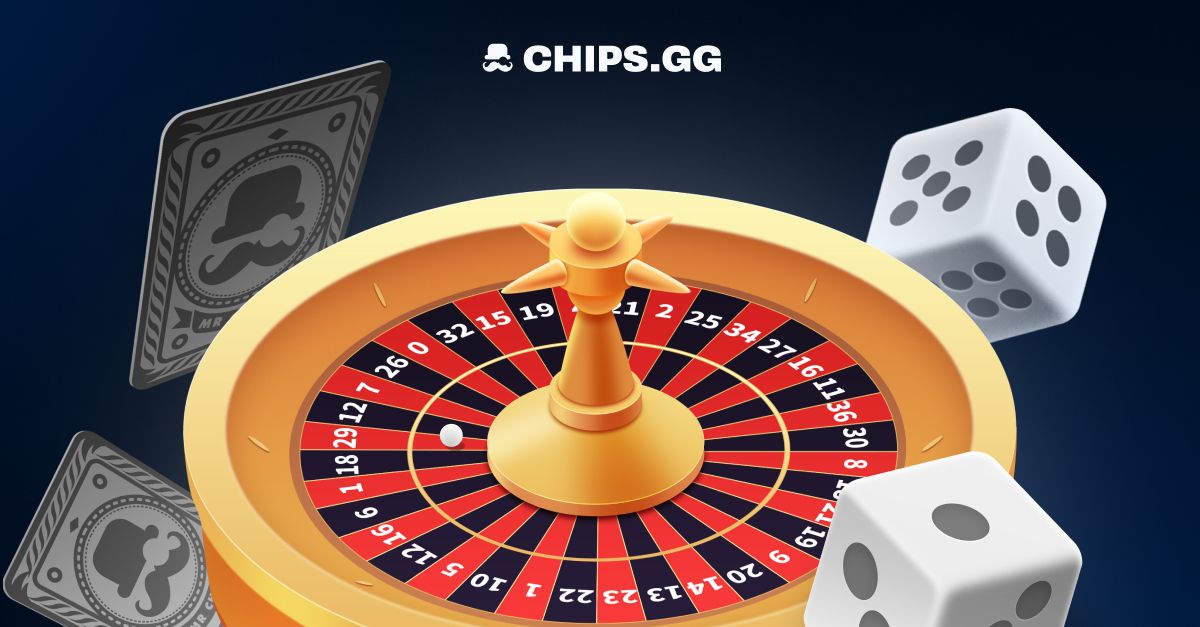House Edge/RTP

Be around the casino world for any amount of time and you will hear the terms House Edge and RTP thrown around constantly. What exactly do these terms mean? Let’s take a dive into what exactly it means and why the house always wins.
House Edge: Casinos are a business designed to provide entertainment by offering risk-based games. Players decide what they want to wager and there is a fair chance they will win and a slightly better chance they will lose, this is what the house edge is for. The house edge can be static in a game or it may change depending on how you wager (if there are multiple options for wagering.) You can look at any game in any casino and quickly find that they are designed to win. This is not to say that you can’t win. If no one ever one, casinos wouldn’t exist. Take craps for a complicated example: there are dozens of betting options on a craps table, and each one has its own house edge. Blackjack on the other hand has a house edge of 99.5% if you play perfectly. This is due to the way the game is played. Players can choose to stand or hit on any number, the dealer on the other hand, must hit until 17 or bust. Mathematically, the dealer will win slightly more often due to this.
True odds vs. Casino odds: The Craps example of house edge is due to true odds vs casino odds. Let’s say you want to bet on snake eyes (the dice both landing on 1), the true odds of this happening is 1 in 36 rolls of the dice. The house pays out 30:1 for this bet making the house edge 13.9%.
- Imagine that the dice fall statistically perfect and that we are betting $1 a roll.
- You will win $30 every 36 rolls, giving us a net-loss of $6 every 36 rolls.
We all know that nothing plays out this perfectly and that you may find that the dice fall on snake eyes 5 times in 10 rolls, giving us a huge profit, but there is also the chance of no snake eyes in hundreds of rolls. Another easy example to understand true vs casino odds is Roulette.
- There are 37 numbers on a standard roulette wheel (0-36).
- True odds of any single number landing 37:1
- Casino payout on a single number bet 35:1
- Expected loss for 37 spins of the wheel would be $0.053 per $1 wagered
RTP: RTP or Return to Player is an acronym usually pertaining more to slots but is really just the opposite side of house edge. RTP on slot machines are calculated using simulations of million if not billions of spins and generally range from 80%-99%. If a game has an RTP of 96% the expected house edge is 4%, but what does this actually mean?
- Let’s say we sit down at a slot machine with a posted 96% RTP (industry standard) and the machine pays our perfect RTP.
- After $100 of spins we should expect $96 in our balance
As stated above, we know statistics are not perfect. You may sit down at a slot machine and on the first spin win a jackpot. Does this mean the RTP is higher than posted? Absolutely not, and on the other hand if we spin all $100 to $0 the RTP isn’t lower than posted. RTP is the average return over the expected lifetime of the game. The first 100 people at a machine may lose and the next 100 win. It is gambling after all.
What do I do with this knowledge?
Hopefully you no understand how RTP and House Edge correlate and how they affect your play, but what can you do with it? Let’s look back at Roulette for this. Two of the most popular forms of roulette are European and American Roulette.
- European Roulette has a space for 0-36 and pays 35:1
- American Roulette wheels have a 0 and 00 space but generally keep the 35:1 pay for single number bets
So, what would you rather play? This is an easy pick of course. European Roulette has a lower house edge.
Now imagine there are two slot machines side by side. One has an RTP of 98% and the other has and RTP of 90%. Easy choice, right? Well, maybe not. Slots are a bit of a different beast. If you look closer you may see that the 90% RTP slot machine has a $1,000,000 jackpot and the 98% RTP is a single line simple slot with a max win of 200x your wager. Either machine would be entertaining, in my opinion, but which to choose? That is up to you.
Credits: Esbon251

